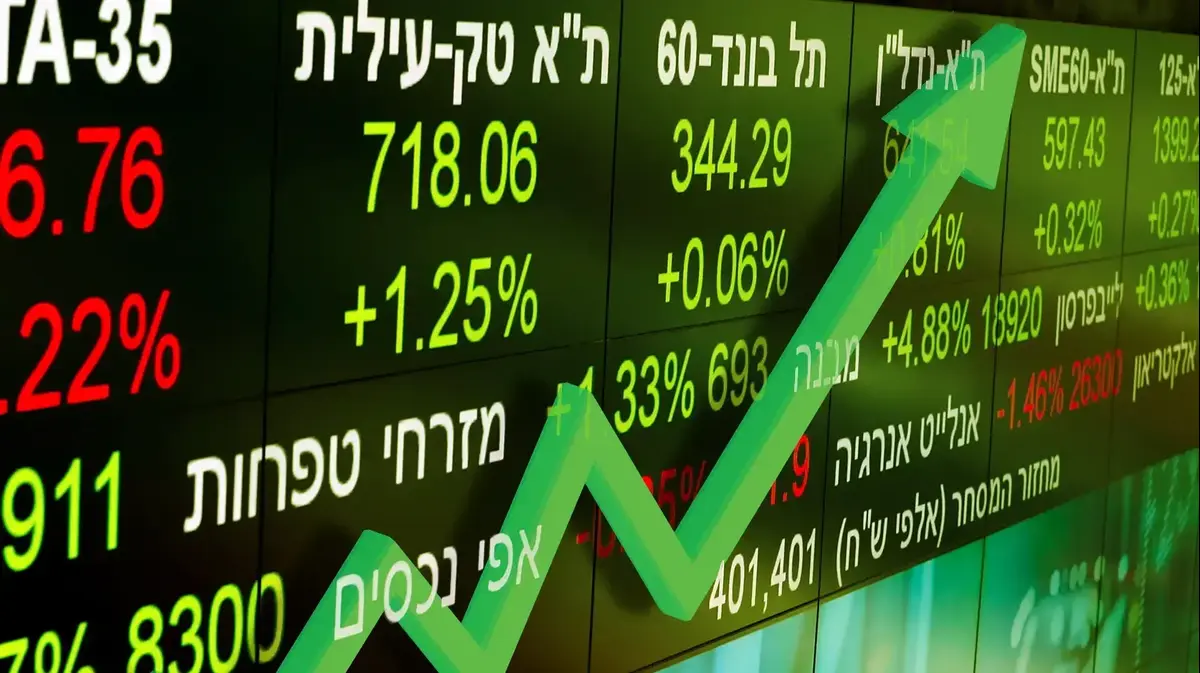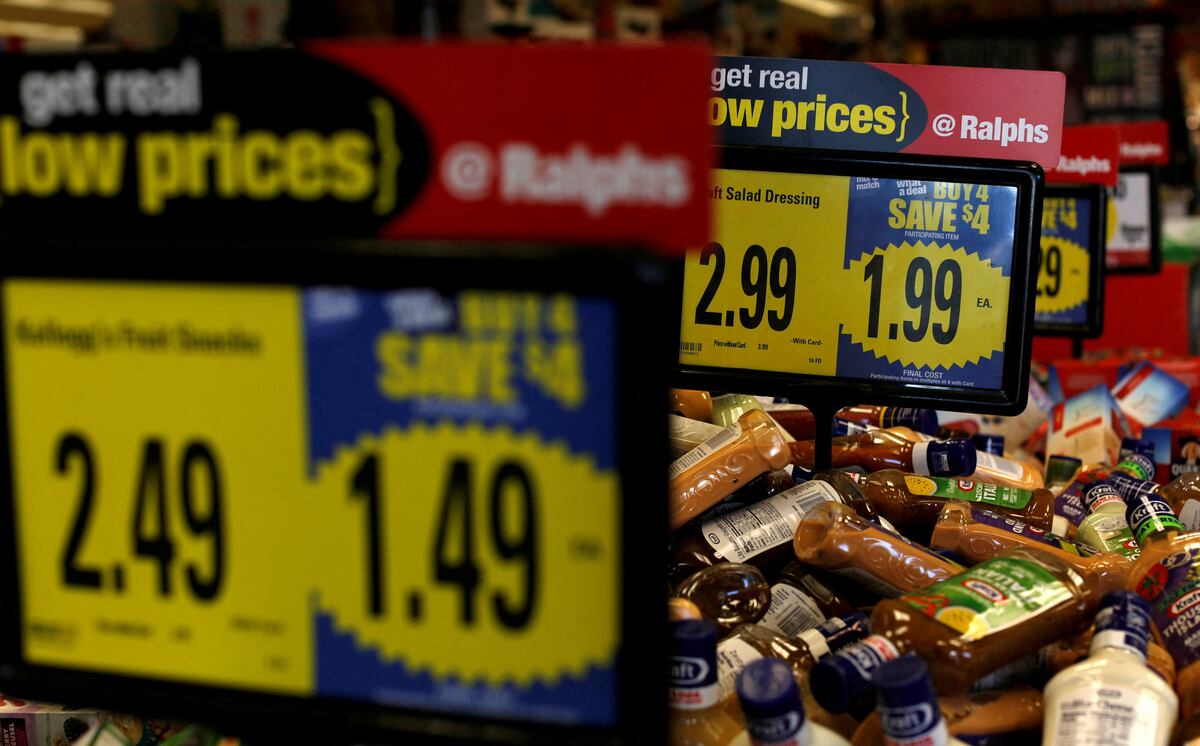Enlarge image
The bears are loose: the
global bond market is falling, particularly in Europe
Photo: Frank Rumpenhorst/dpa
"Global bonds plunge into their first bear market in a generation," headlines Bloomberg on Friday.
That sums up a dramatic trajectory the global bond market has been taking over the past year – the relevant Bloomberg Global Aggregate Total Return bond index fell by a fifth from its 2021 peak.
This year alone, it lost around 16 percent of its value.
It's a historic turning point.
The three-decade bond bull market is over and the bears are back in charge.
The term bear market stands for a price drop of at least 20 percent compared to the previous high.
Such setbacks are not uncommon on the stock market, but are largely unknown in the case of bonds.
It is precisely this stability that makes bonds so popular with professional and private investors - they are often used in portfolios to reduce risk and diversify.
Both asset classes are currently being hit, which makes the situation difficult.
In addition to share prices – the global index of the US financial services provider MSCI, for example, has fallen by 19 percent since the beginning of the year – investment prices are also falling.
Yields are rising with the typical opposite effect: ten-year US bonds are currently yielding around 3.3 percent;
the German counterparts are around 1.5 percent.
But prices are falling because investors are already selling shares en masse.
"We're in a new investing environment," said
Kellie Wood
, fixed income money manager at global investment firm Schroders.
European bonds with the biggest losses
Prices are particularly under pressure in Europe, which is suffering from the consequences of the Russian war against Ukraine, which has now been going on for more than six months, mainly due to the sharp rise in prices for energy, especially for gas.
Things are better in Asia, the central banks in China and Japan are still pursuing a rather loose monetary policy, which is supporting bond prices.
The main reason for the historic turning point is the end of the low interest rate policy.
In view of the high inflation in the USA and the euro zone, the monetary authorities have started to raise interest rates.
Jerome Powell
(69), head of the American Federal Reserve (Fed), has only just indicated further steps: Restoring price stability will require a restrictive monetary policy for some time, Powell said recently at the Jackson Hole central bank symposium.
The available tools would have to be used "powerfully".
Similar tones can be heard from the European Central Bank (ECB).
The statements were seen by investors as a clear signal.
The easing hoped for by some is not in sight, probably not in the coming year 2023 either. In his speech, Powell referred to the 1980s, saying that there was historical evidence that a premature easing of interest rate policy should be avoided.
The Fed chairman at the time ,
Paul Volcker
, had even raised the key interest rate to over 20 percent during his term of office, which was also characterized by high inflation, in order to curb inflationary pressure.
In addition, the bond purchase programs with which the Fed and ECB had supported prices for years are being scaled back.
The Fed, for example, is currently selling securities worth 95 billion euros a month.
Observers such as
Simeon Hyman
, chief investment strategist at fund provider ProShares, are even anticipating a possible doubling of the volume.
There are voices in the ECB that the balance sheet will also be reduced in the fourth quarter – albeit slowly.
In view of the situation, investors are already betting on a large scale that bond prices will continue to fall.
According to data from the US derivatives regulator CFTC, the volume of such transactions has risen by 30 percent since the end of July.
In Europe and the USA, the sharpest interest rate hikes in decades are now likely.
Market observers are still expecting decisive signals both in the USA and in Europe in September.
However, they will probably only be able to prevent an economic crash with difficulty.
At least – even if it sounds almost cynical: For the asset manager Schroders, the risk of severe economic downturns at least offers an opportunity for government bonds.
"In the not too distant future there will be an excellent opportunity to buy bonds as central banks guarantee us a global recession," Bloomberg quoted the investment experts as saying.
Mr




/cloudfront-eu-central-1.images.arcpublishing.com/prisa/EEJSWJ3MT5C2LL4U4EDDVAF3FY.jpg)










